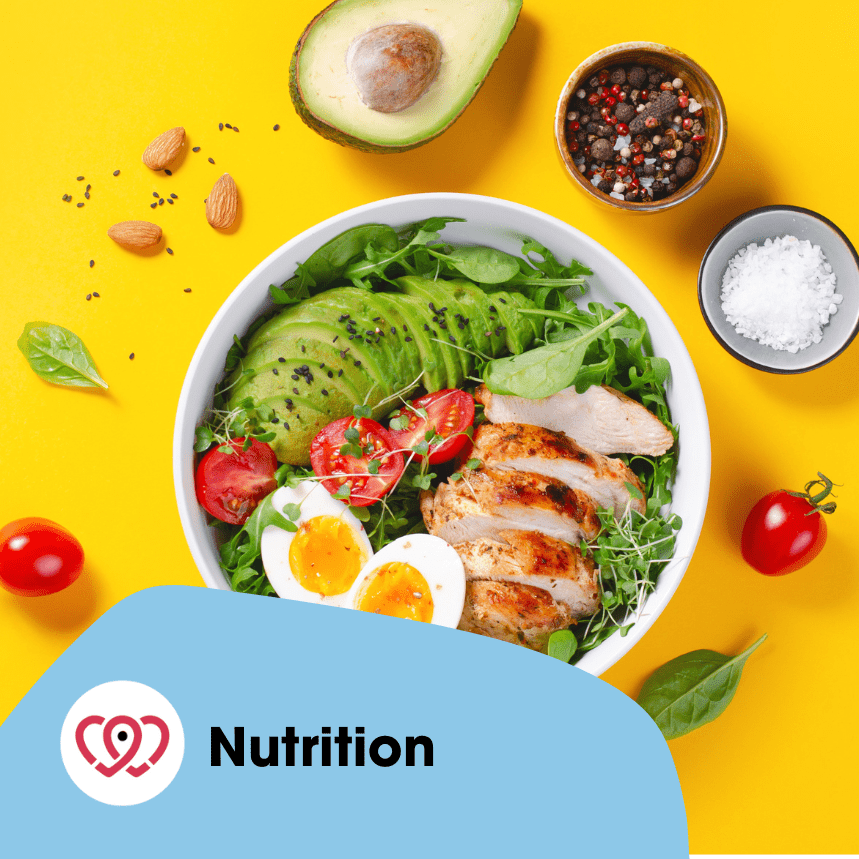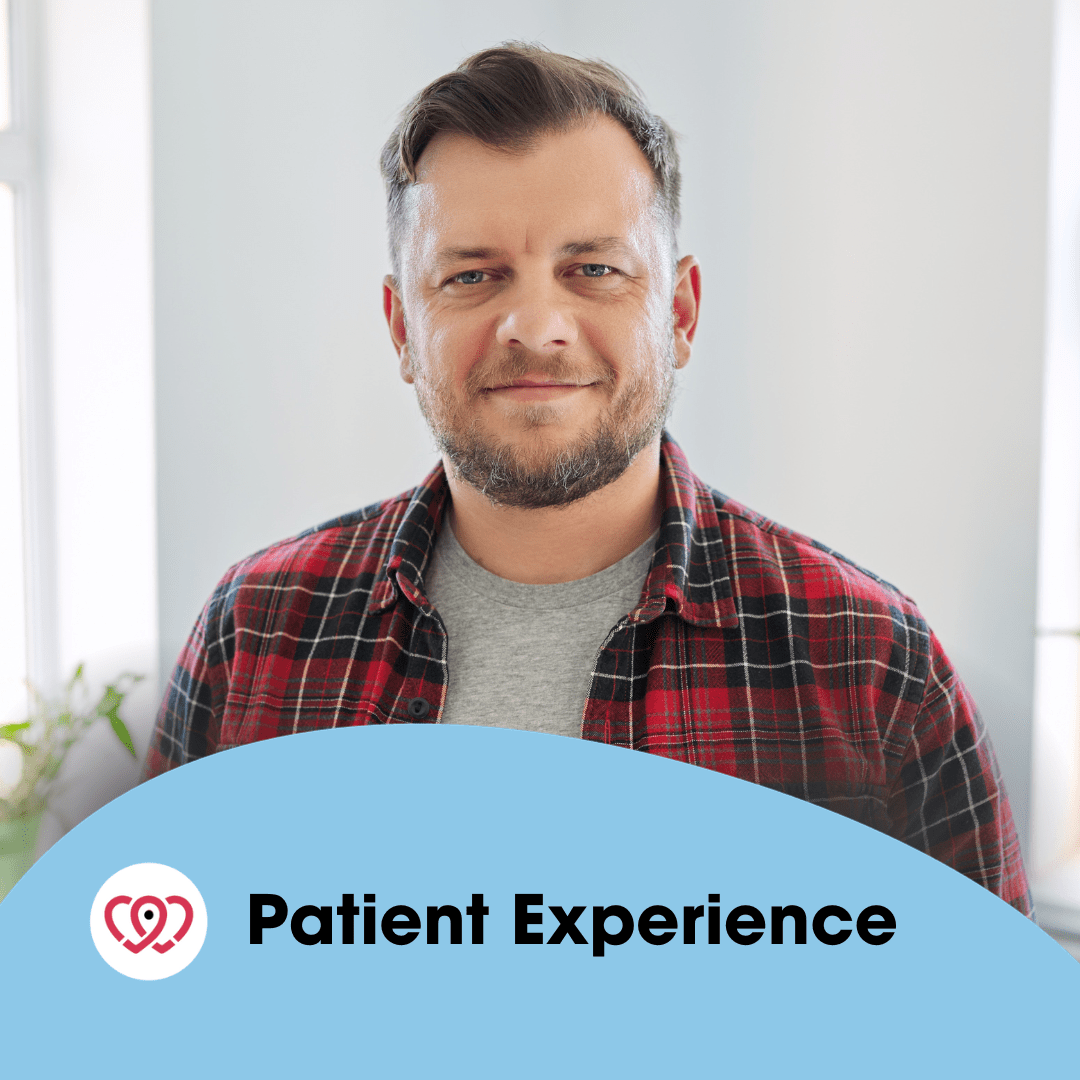Experience of Maxine: “My Mind Isn’t Sick, My Heart Is.”
Interview with Maxine Bosman about experiencing misdiagnosis and learning to thrive through hardships
The AFIP Foundation sat down with the inspiring Maxine Bosman, founder of Hart in Shape, to discuss inequalities in health care and how to find positivity after adversity. This article will detail her story of misdiagnosis and creating a new narrative for herself after serious health setbacks.
The uphill battle towards heart attack diagnosis: “I thought I had an illness, the flu, for example.”
During a flight in her mid-thirties Maxine Bosman began feeling strange and shortly after fell very ill. She was misdiagnosed with burnout after seeking medical attention. In reality this was the start of her cardiovascular symptoms. Her illness presented itself in a female-specific manner, including a headache, shoulder pain, and flu-like symptoms that continued for days. This misdiagnosis led to her cardiac issues going unnoticed. Even with a family history of cardiovascular disease, a heart attack was ruled out due to her young age. Still, she knew something was wrong, and she sought out a second opinion.
“Most people, and women especially, have a sort of sixth sense, a gut feeling when something is not right. And often that feeling is correct.”
Maxine suffered a severe left chamber heart attack, which also presented with symptoms more commonly seen in women, including nausea, body aches, and lightheadedness.
She experienced a typical ‘male’ heart attack but presented with female-specific symptoms. It was a very severe blockage that caused it and she was lucky to survive the incident.
Once again her heart attack went unnoticed and she was sent home without even an ECG, misdiagnosed with esophageal cramps.
“I felt alone, frustrated, and powerless.”
After this time of severe health issues she saw many specialists but it took a long time before she received a true diagnosis. Due to these oversights, Maxine’s heart sustained unrepairable damage that caused her to develop several arrhythmias including atrial fibrillation. This required immediate and large scale intervention. Maxine was advised by a cardiologist to have a high-risk aneurysm resection performed along with a bypass. In addition, she received an ICD implant due to the acute nature of her condition.
“She said, you’re a walking time bomb. (…) From that age, 36, I lived with severe damage.”
Finding answers on your own: “I always look to find a lesson out of things.”
Maxine’s experience made her more critical and led to her doing a lot of research into her condition. She urges everybody, especially women to advocate for themselves and not overlook any symptoms. Another factor leading to a later diagnosis is the tendency of many women to often downplay their health issues, and their well-being in general, due to their caregiver role.
“Make yourself important. You’re as important as everybody else and you can only take care of everybody else if you take care of yourself first. It’s mentally very hard when you can’t live your life the way you want to.”
Progress has been made in the last decade in diversifying the medical field and also
creating new literature that relies on participants of all genders, ethnicities, and ages. Still, a lot of work remains to be done to bridge the gap. This inequality is seen in cases such as Maxine’s that reveal the lack of knowledge of practitioners when it comes to symptom manifestation between men and women.
“A doctor is such an important person in your life, especially when you’re sick. You have to rely your whole health on that person, so there has to be a good connection. I think people, doctors, and patients, underestimate the importance of that bond that needs to be there. It’s your health, your life.”
Maxine Bosman encourages women to be more assertive and also to ask more questions when meeting with healthcare professionals. She also wishes for more open communication in doctor-patient relationships and for patients to be more heard.
Choosing health everyday: “Even when you have to cut down a lot of things, there are always ways to thrive and to maximize your life.”
The importance of lifestyle factors in managing atrial fibrillation is commonly known and also Maxine explains how much her everyday habits affect her well-being.
“You don’t have control over some medical factors, but you do have control in how you treat yourself, and how you can prevent a recurrence of new problems. I think that’s very powerful.”
She does mild exercise, gets plenty of sleep, and tries to eat as healthy as possible. On top of this, she tries to have lots of quality time for herself and enjoy the small happy moments everyday. A supplement that she noted to have helped her arrhythmia symptoms and heart rate fluctuations is L-glutamine, which she started taking after hearing about the benefits and the research conducted by researchers of the AFIP foundation.
Stress, a bad night of sleep, and alcohol are big triggers for her symptoms so she tries to avoid these. These three factors can increase the incidence of flutters and a pounding heart rate.
For women with difficult-to-manage conditions, she highlights the importance of staying active and staying positive.
“If you like dancing, grab your partner off the couch and dance together or take a walk in the woods or do some relaxing yoga. Everything helps. Go outside, it helps you keep your mind straight. I think it’s very underrated how big the importance of lifestyle is, especially for chronic illnesses.“
Hart in Shape: “I built a platform, a community for mostly women who live with heart disease. With the intention that we can all learn from each other.”
Maxine was looking for a productive way to use her energy and contribute to the world in a meaningful way while helping those in a similar situation. This led to the founding of the Hart in Shape platform in 2020 which is a community for people struggling with cardiovascular disease. She specifically wishes it to be a place of support and guidance for women with cardiovascular diseases so they have an easier time living with their condition.
“ I always ask myself, does this add something for those women who live with heart disease? “
Maxine hopes her platform can help women feel less alone and like they have someone to turn to for moral support as well as tips for navigating daily issues regarding their well-being. Learn more about Hart in Shape here.
Do you know someone who might be interested in this?






